Pope Francis this week apologized for decrying the “frociaggine” — or “faggotry” — in the Vatican and in Catholic seminaries for the second time in a matter of weeks. On Tuesday in a private meeting, Francis mentioned the “air of faggotry” in the Vatican, which followed his May 20 comment that “nella chiesa c’è troppa aria di frociaggine” — “in our Church there is too much of an air of faggotry.”
The Spectator reached out to Frédéric Martel, an anchor at Radio France, a professor at the ZHdK University in Zurich and the author of twelve books, including In the Closet of the Vatican, his explosive New York Times bestseller about the widespread hypocritical homosexual behavior rife in the higher echelons of the Church. Martel offers his response on the reasons behind the Pope’s recent remarks.
MM: Pope Francis has caught a lot of media attention with his assertions that “nella chiesa c’è troppa aria di frociaggine” (“in our church there is too much of an air of faggotry”) and “in Vaticano c’è aria di frociaggine” (“in the Vatican there is an air of faggotry”). What do you make of his repeated use of this specific controversial word?
FM: In my opinion, the Pope spoke both in error and in the truth. In error, because he uses the pejorative expression “aria di frociaggine” which denotes, on his part, his age (eighty-seven), which does not help him to understand the importance of the gay question in 2024 and a difficult relationship with gay activism. I don’t think Francis is homophobic — some of his personal assistants in Buenos Aires and Rome were gay — but he has a real unease with those who use the fact of being gay to defend an LGBT agenda or gender studies.
To understand the Vatican, we must always remember that popes, cardinals and bishops, often very old, have a relationship to homosexuality that dates back to their adolescence and when they were young men: that is, homosexuality as it was in the 1930s (for Benedict XVI), in the 1950s (for Francis), in the 1960s at the latest for most cardinals and bishops. In fact, their idea of homosexuality dates from before Stonewall, when homosexuality was illegal in most countries, a taboo and an evil that had to be understood, including for oneself, by choosing chastity. This is the key to homosexuality in the Catholic Church.
At the same time, Francis is right too, because he clearly understands that the Vatican is structurally gay. It’s not a matter of a lobby or a network, but of sociological rule: the Church has long recruited mainly homosexuals and has gradually, through many channels, pushed aside heterosexuals who leave to marry or are marginalized because of a clearly homoerotic environment. I lived regularly for four years in Rome and the Vatican to write my book, and this “aria di frociaggine” was evident.
MM: Do you think his use of “frociaggine” can be mostly attributed to him being from an older generation, or are there other explanations (for example, if it’s a word that would likely only be used by closeted gay men, or another specific sub-community)?
FM: While we can think that Popes Paul VI or Benedict XVI had homosexual tendencies and desires, though probably remaining chaste, nobody can think that Francis is gay. On the contrary, he’s a heterosexual who’s both rather gay-friendly (although here he’s been very changeable in his ideas on the topic) and very reserved about the Vatican’s gay omnipresence. I don’t think Francis has a problem with gays per se, but he’s very reserved about gay activism. He likes discreet gays, let’s say “in the closet.” Not those who militate for or against the gay cause, while being gay. That, to my mind, is the key to his repeated remarks.
MM: Is it a sign that he agrees with the hypothesis of In the Closet of the Vatican?
FM: Francis was asked about my book. He replied that he had read the book, found it “good” and added “I knew all that.” I also know that he commented on my book with several cardinals and bishops who reported it to me, in particular my chapters on Cardinals Burke, Sodano, Ruini and Muller. His main enemies…
To understand the Pope, and his repeated recent remarks, we must do some counterintuitive work. I do not believe that Francis is only criticizing gay domination in the Vatican — the majority of priests, bishops and cardinals have homosexual tendencies even when they are chaste in Rome — but above all the fact that his opposition is very largely gay. Like Benedict XVI, he knows that Cardinals Casaroli and Sodano — John Paul II’s two secretaries of state and the Pope’s true prime ministers — had very active homosexual practices and that they recruited mainly gays into the hierarchy of the Vatican. Cardinal Sodano covered all the major cases of sexual abuse (Marcial Maciel in Mexico, Karadima in Chile, Hans H. Groër in Austria, McCarrick in the US etc.), with the support of Cardinal Stanisław Dziwisz, private secretary of John Paul II, for more than twenty years. Francis knows all this.
But more importantly, he understood — and this is the main thesis of my book — that his ultra-conservative opposition which reproaches him for his ideas on the ordination of women, the end of celibacy for priests or his pro-gay statements, was composed mainly of active or unchaste homosexuals. This deeply revolts him. He adopted the sociological rule from my book: “the more homophobic a cardinal is in public, the more likely he is to be homosexual in private.” This is, to me, the key to Francis’s remarks on “an air of faggotry.”
MM: The Pope was specifically speaking about the “air of faggotry” in seminaries and whether gay men should be admitted to the priesthood. Are these two comments part of his longstanding criticism of the morality or hypocrisy of his cardinals in the Vatican — or in the Catholic Church writ large?
FM: I think so. I believe that Francis has been quite consistent from the start: recognition of the right of individuals to live their sexuality as they wish; acceptance of civil unions; refusal of gender studies and gay marriage; denunciation of homophobic cardinals who are almost always the most homosexual in their private lives. That’s his strategy.
I believe that Francis knows, deep down, that there is no solution for the Church if it wants to get out of cases of sexual abuse, if it wants to refill the seminaries and curb the problem of vocations, and stop the homophobia of the college of cardinals, than to authorize the ordination of women, the acceptance of marriage for priests and the recognition of homosexuality within the Church. But he did not go through with this revolution because the college of cardinals did not let him do so. And because he is an old and weakened Pope. His successor might do this and the main wish of Francis is to encourage the arrival of a true reformer.
MM: How would you characterize the factionalism in the Vatican — and the wider Catholic Church — over the issue of gay priests and how they should conduct themselves?
FM: Most heterosexual cardinals — Matteo Zuppi and Juan José Omella: for example – there are very few of them — are rather gay-friendly and they think that the Church must move away from its obsession with sexual matters. Homosexual cardinals are the most anti-gay: they campaign for chastity and refuse the ordination of women. They prefer to stay among themselves in their homoerotic bubble, out of sight. Francis “outed” them.
MM: What changes have you seen, or have sources informed you of, on the issue of gay men in the priesthood in the five years since your book came out?
FM: The problem of homosexuality in the Vatican has been the main problem of the Catholic Church in recent years. And since it’s a structural and sociological question, nothing has really changed. When you are homosexual in a small Italian or Spanish village and you do not accept this particularity, or are a closeted homosexual, you choose the priesthood. A heterosexual no longer makes this choice today because no one can live chastity in happiness in 2024. Heterosexuals who give in to it are either sick — and this leads to sexual abuses — or rare specimens without sexuality. As for gays, they accept heterosexual celibacy and find themselves among men. They can dress in women’s clothes, sing with a high voice and live their sexuality discreetly. Hence an “air of faggotry.” The expression is not beautiful; but it’s the absolute truth.



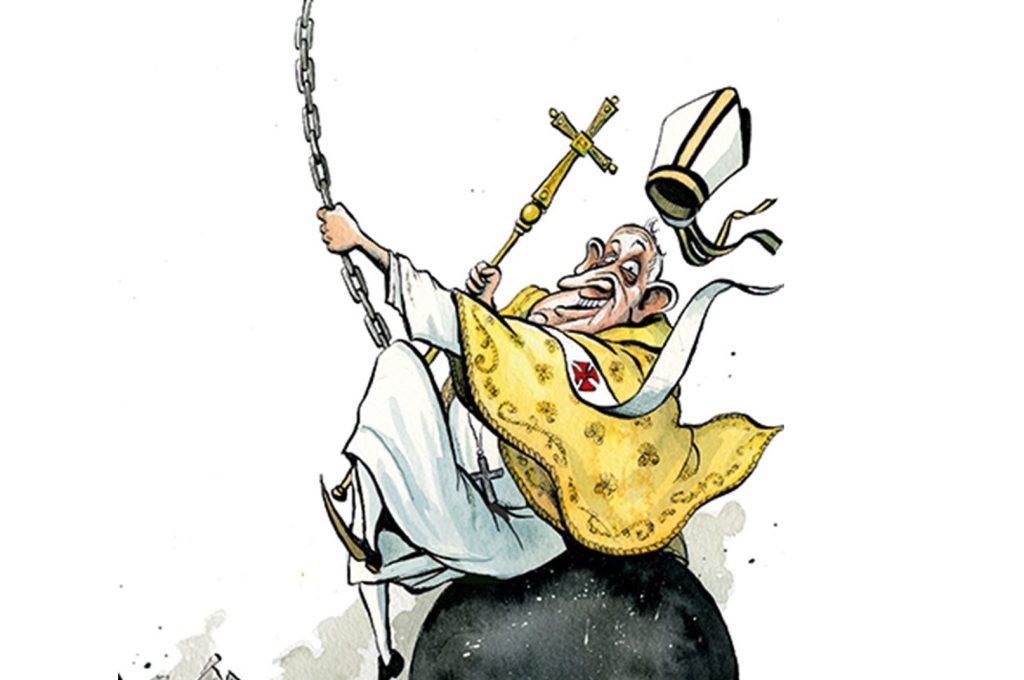


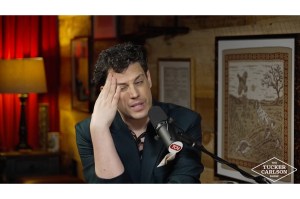
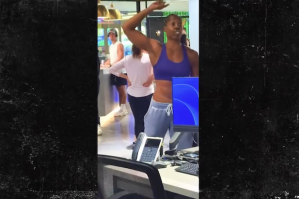
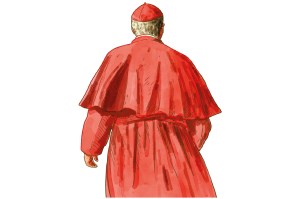
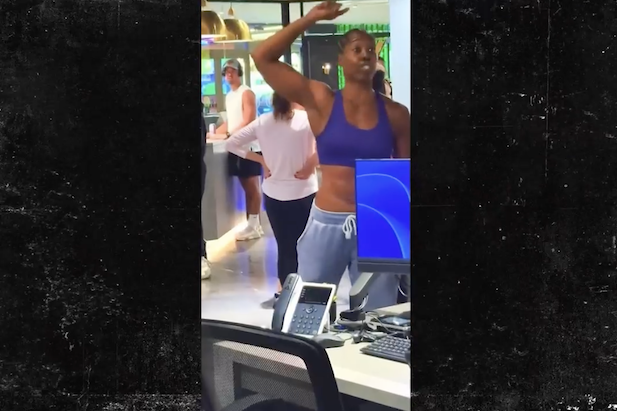

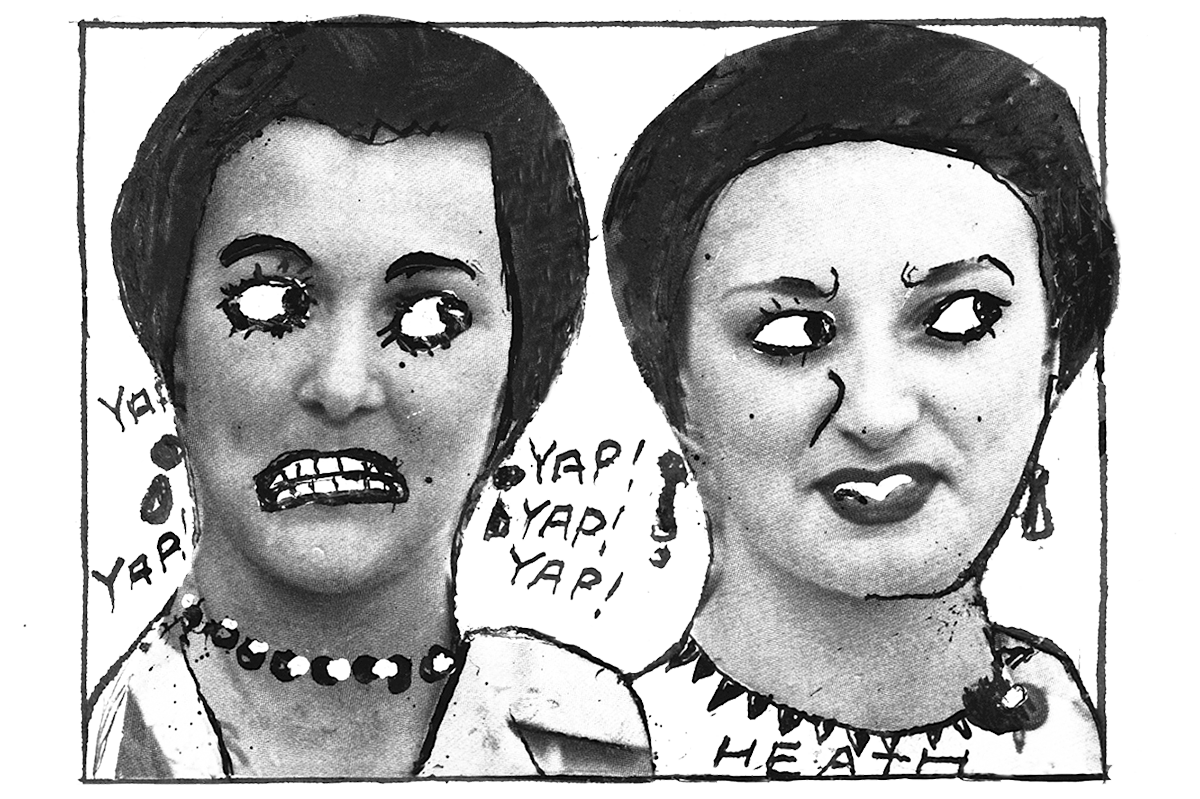

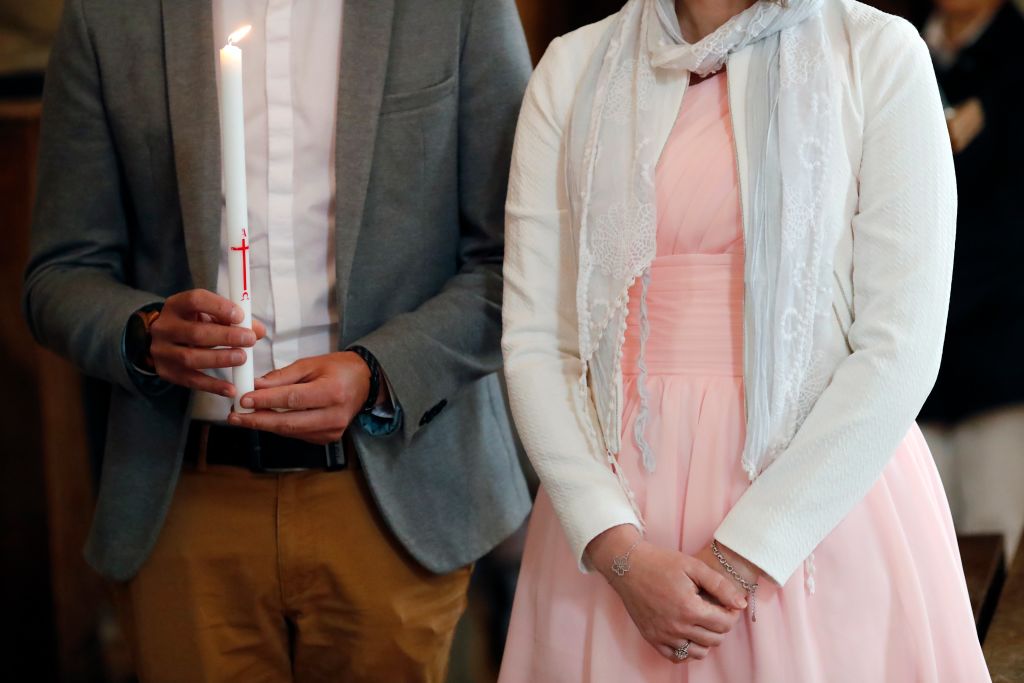
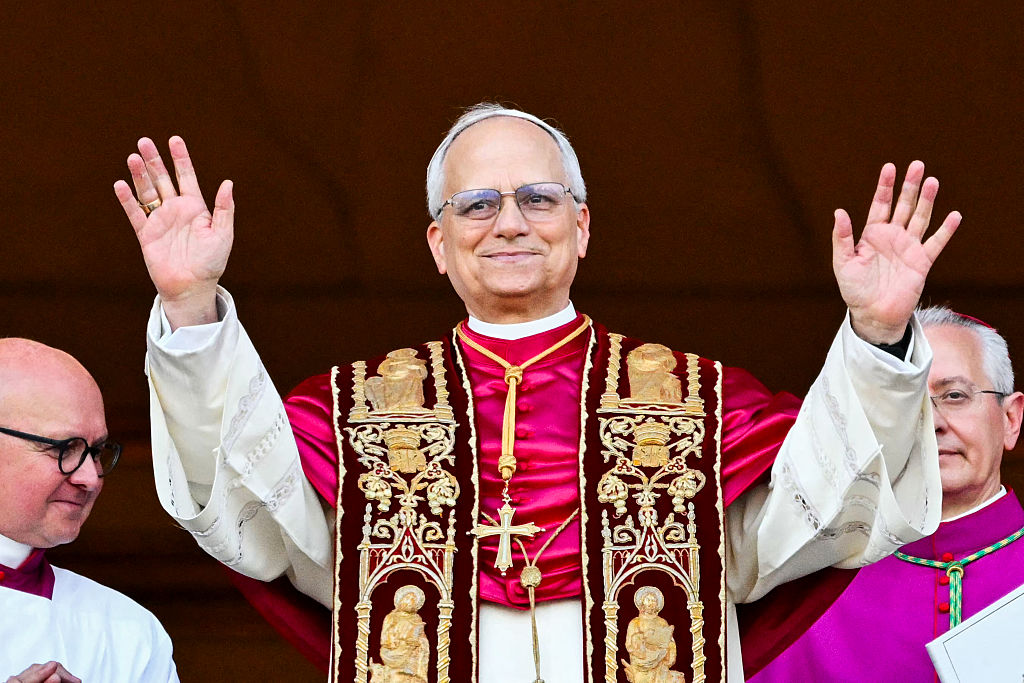







Leave a Reply